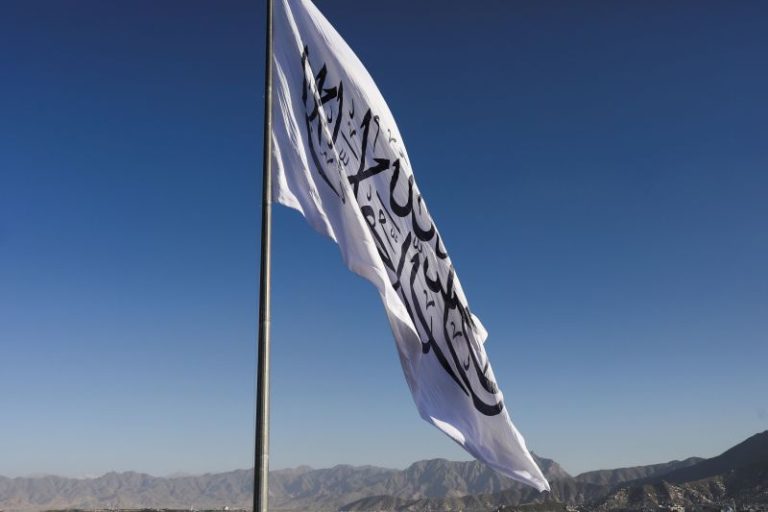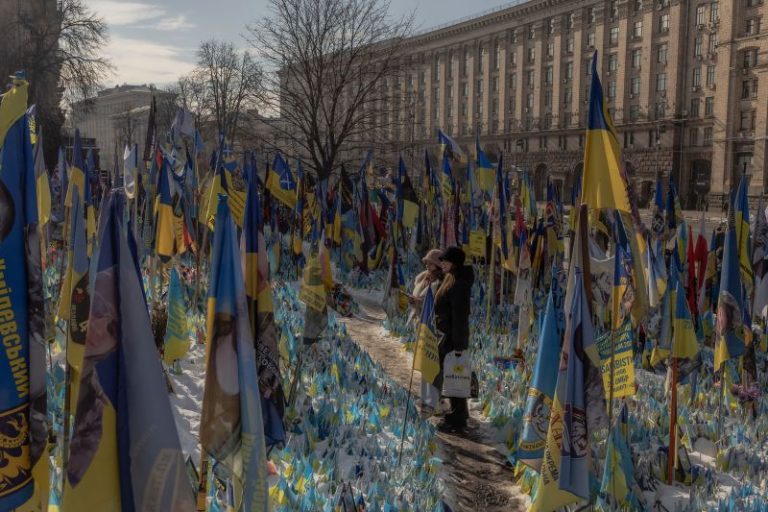NEWYou can now listen to Fox News articles!
The most remarkable thing about President Donald Trump’s whirlwind first five weeks back in office has not been the pace at which his administration has been making major changes, but rather that it has done so without spending much political capital, or, in laymen’s terms, losing much support.
Trump’s slew of executive orders, covering everything from establishing only two genders, to freezing federal spending, cutting energy regulations and much more have been fast and furious.
The pace of change has left Democrats and their media allies flatfooted and confused, punching at quickly changing shadows, as when they laughably pointed to a fired national parks employee who had the only keys to the restroom as evidence of chaos. It’s actually just evidence of incompetence.
But it isn’t just politicians and pundits whose heads are spinning as Trump sprints his way through his first 100 days. The American people, too, especially those not locked into the news cycle like a homing missile, are also at risk of confusion, which is why radical transparency has been the administration’s most effective tool.
Not only do the American people hear from Trump almost every day, he almost always takes questions, and, unlike his predecessor, he can effectively answer them.
When concern was growing that Elon Musk had too much independent authority to fire federal workers and cut spending, Trump made crystal clear, with the billionaire standing next to him, that Musk answers to the president, and his position is advisory.
As Democrats attempt to paint Trump as a backwards troglodyte for seeking to shut down the Department of Education, he has been on camera day in and day out, explaining how broken our schools are right now, and why ending the agency will help make them better.
As for his foreign policy, including a warmer relationship with Israel and a chillier one with Ukraine, Trump has once again been out in front, the explainer in chief. And after four years of a president who basically just said, ‘Trust us, Tony Blinken and Jake Sullivan went to great schools,’ it is refreshing.
Trump’s outstanding customer relations this time around remind me of my days working as a mover in New York City, because even if people are moving into their dream house, or a bigger apartment, it’s still a day filled with enormous change, and the possibility of mishaps.
As long as this radical transparency continues, the Trump administration will have a long runway of good will to land its policies and transform America.
Watching the transformation of the federal government, hoping that it helps and that nothing breaks, is a bit like watching all your earthly belongings roll away in a box truck driven by a guy you met three hours ago.
The best thing that the foreman of a moving crew can do to quell the nerves of jumpy customers, and I have seen it in action a thousand times, is to explain, upon arrival, in detail, exactly what is going to happen, and then inform them, in a timely manner, as those things do, indeed, occur.
Even if a customer’s concern seems overly paranoid, the best thing to do is walk them through exactly how you will protect their prized piece of art or antique chair.
This explains why in the coming days Trump has vowed to visit Fort Knox, complete with cameras, to assure Americans that its fabled gold reserve is still there. Yet more radical transparency.
In a healthy society, it would be absurd to think the government could be lying about the gold, but during COVID alone the feds lied to us to us over and over about social distancing and masks and don’t touch doorknobs. So, yeah, a lot of Americans are rightfully distrustful.
Trump is riding higher in the polls than anybody could have anticipated in the midst of our recent heated election with all its recriminations and anger, and while this is owing in part to the actions he is taking, it is really his ability to explain them that is keeping voters on the farm.
There are few things that have gone down the tubes faster in our society than customer service. Who among us has not screamed the words ‘speak with a representative!’ into our phone only to have the line go dead?
So far, like a good foreman of a moving company, Trump has done everything he can to guide Americans through his vast and lofty plans and actions. As long as this radical transparency continues, the Trump administration will have a long runway of good will to land its policies and transform America.
This post appeared first on FOX NEWS










